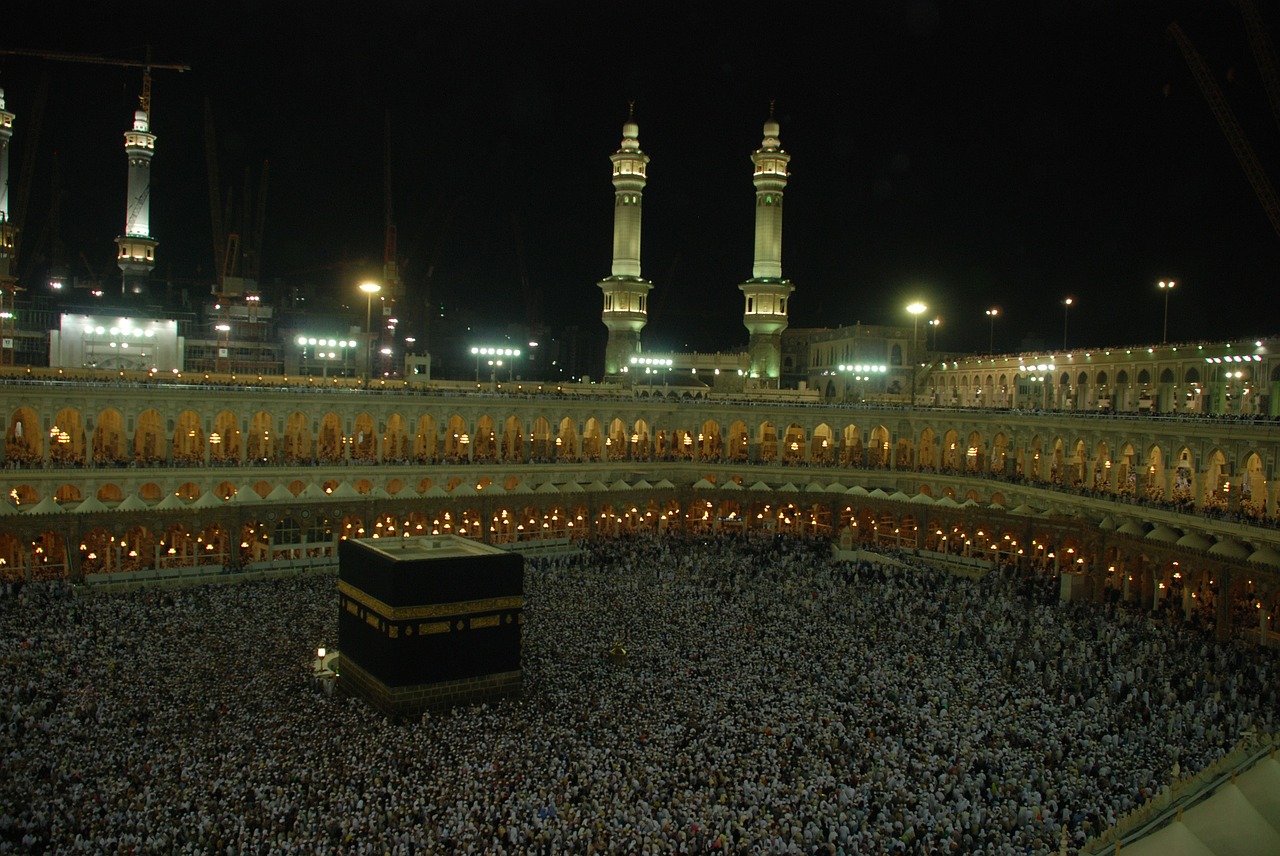As you are probably aware, we have written about travel writing clichés before. Twice in fact. But as a few of our below-the-line commentators have rightly pointed out, our previous blog posts (which are here and here) only just scratched the surface. There are many more overused expressions that we want to cruelly expose and point at.
With 2016 upon us, and self-improvement plans under way, we thought it a fitting time to return to the subject and highlight even more trite travel terms. Scroll below to discover our latest mix of nails-on-chalkboard travel phrases.

Undiscovered
Us travel writers tend to fancy ourselves explorers. But remember, Captain Cook and Christopher Columbus we are not. Now that Earth is fully mapped, it’s extremely unlikely that we can make any genuine discoveries. Here’s our rule of thumb: if people live there and/or know about it (which is almost everywhere) it can’t be ‘undiscovered’.
Off the beaten track/path
The mother of all travel writing clichés, this expression is used willy-nilly by (often sanctimonious) travel writers eager to show off their ‘unique’ findings. Here’s the kicker: there is no such thing as off the beaten path – no matter how far from the regular tourist haunts you may roam, you can be sure someone else got there before you. Besides being a used-to-death cliché, it also has some rather pretentious and preachy connotations, implying that ‘off-the-beaten-track’ experiences are somehow superior to mainstream travel. Travelling is not a competition.
Quaint
A term liberally applied to cottages, villages and small towns, this once-lovely word has become dulled by overuse. When it comes to alternatives (attractive, old-fashioned, picturesque), pickings are slim. But before you settle for ‘quaint’, take a moment to reflect and see if you can find more concrete terms to convey what you want to say about that particular place. Describing a cottage as a ‘thatched-roof bungalow with a roaring Victorian fireplace’ will paint a clearer picture than ‘quaint’ ever could.
Mecca
From dining Meccas to a surfing Meccas, Meccas are everywhere in travel writing. With so many mentions, it’s easy to forget that Mecca is actually a real place and not just a time-worn cliché. Unless you’re writing about Saudi Arabia’s historic city, or its incredible annual hajj, we think Mecca is best left out.

Must-see
This one reads like an order and no one likes being told what to do. Besides, your personal ‘must-see’ might not necessarily line up with that of the reader. If you insist on using ‘must-see’, do so sparingly and save it only for the places or activities that come really highly recommended by you.
Pristine
Does every beach have to be pristine? Firstly, it isn’t always accurate: many stretches described as such by travel writers are, in reality, far from unspoilt. Even if the beach in question is genuinely immaculate, this word sounds like marketing speak and won’t ring true with readers. Please, no more.
Oasis
Oasis is used in a metaphorical sense by travel writers to describe a refuge or place of relief. It’s not a charmless metaphor, just one that’s worn thin. A good metaphor should resonate with the audience, but this word will not. Relentless repetition has eroded its impact and the chances of it making an impression on the reader are minimal.
Paradise
Paradise should be perfection. Call us cynical, but we’re confident there is no such thing as total perfection on this planet. If by some miracle, you manage to find an earthly utopia with no crime, pollution, prejudice or other issues, good for you. We recommend you keep it to yourself before other people come and spoil your ‘paradise’.
Got any more overused travel terms that rub you up the wrong way? Gripe away about those annoying clichés in our comments section below. Or, if you can squeeze your rant into 140 characters, let us know via Twitter.
